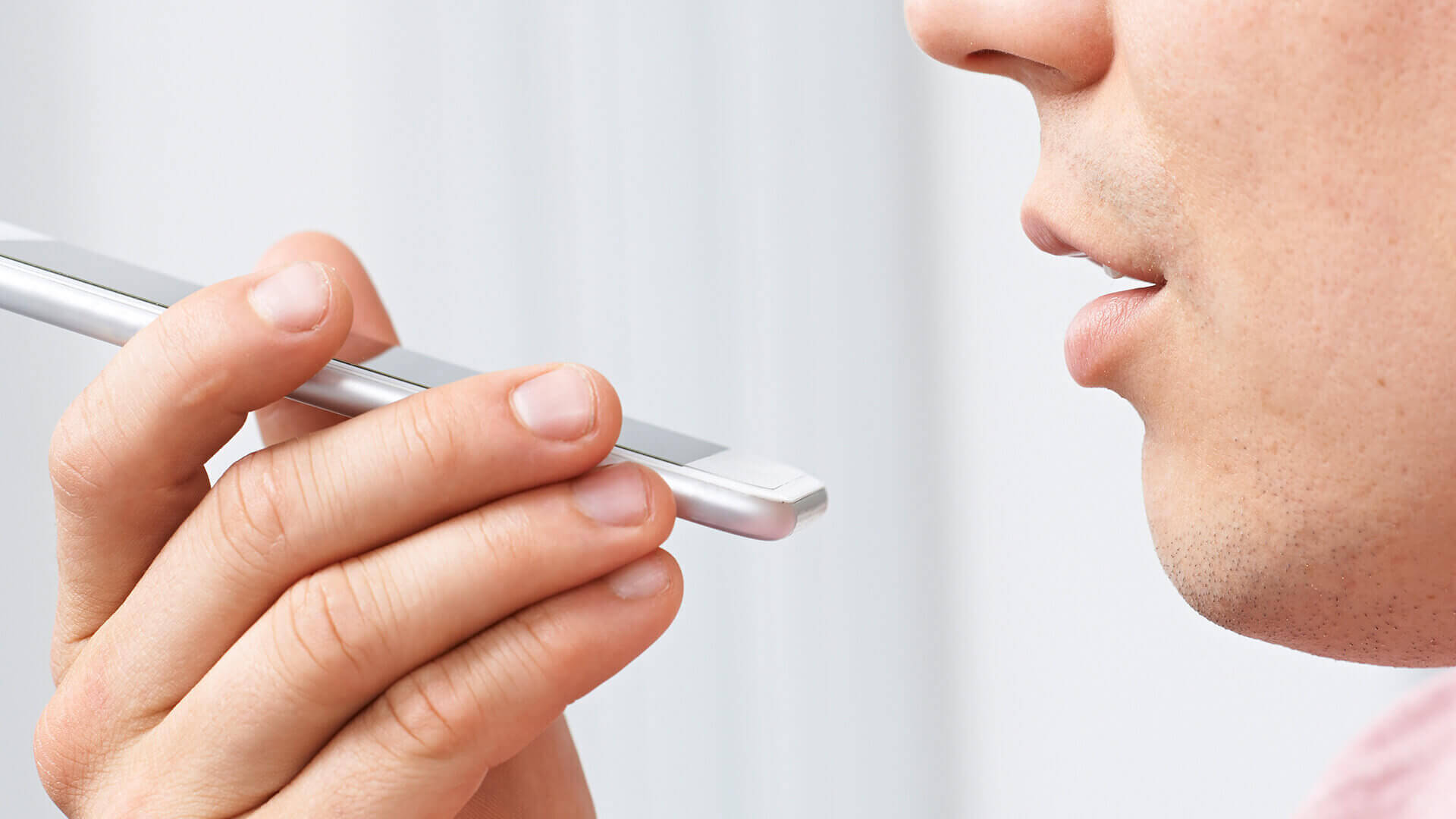In recent years, the hotel industry has been significantly changed by the rise of artificial intelligence (AI), which has revolutionised the entire customer journey – before, during and after the stay. KPMG’s report on the French hotel industry in 2023 even states that hoteliers who exploit the advantages offered by AI “enjoy a competitive advantage in the hotel industry.”
NB: This is an article from HiJiffy, one of our Expert Partners
Subscribe to our weekly newsletter and stay up to date
But how can AI be used to improve operational efficiency and profitability? Hotel chatbots have already proved their worth by being able to answer over 85% of guests’ questions and requests, helping to increase direct bookings. However, it’s time to explore yet another enhancement of smart technology: voice assistants. In this article, we invite you to delve into the world of voicebots and discover how they can power your customers’ experience.
Voice assistants for the hotel industry: what are they?
Voice assistants, voicebots – you’ve probably already heard these expressions, but what are we talking about in the context of hospitality? A voice assistant for the hotel industry, just like a hotel chatbot, is AI-based technology that offers help to hotel guests without them having to speak to reception staff. The difference is that a voice bot will be able to understand and answer customer questions sent via a voice memo.
A voice assistant for the hotel industry aims to provide the best possible user experience, allowing guests to ask questions without having to type them out and get instant answers thanks to AI. What’s more, it offers a more practical and intuitive interaction while still increasing your hotel’s operational efficiency.
Why use a voice assistant in your hotel?
The use of voice messages has become much more widespread in recent years. On WhatsApp alone, 7 billion voice messages are exchanged every day. But WhatsApp is far from being the only application that lets you send voice messages: Facebook Messenger, Instagram, Telegram and WeChat all offer voice messaging. This shows just how widespread this use is throughout the world. In fact, Facebook Messenger recently extended the duration of voice messages, demonstrating that this technology is in demand and being actively used.
And if you thought this only concerned the younger generation, it doesn’t reflect the full picture. Admittedly, young people are more fond of voice messages, but they are far from being the exception. According to a survey carried out by YouGov for Vox among a random sample of 1,000 American adults, 62% of Americans claim to have sent a voice message, and around 30% communicate in this way every week, every day or several times a day. It’s an international and inter-generational practice, and for hoteliers, this means a world of opportunities.
Benefits for your hotel:
- Process automation
- Improved customer satisfaction
- Reduction in your staff’s workload (freeing up more time to deal with complex requests).
The HiJiffy voice assistant is the first voice assistant for the hotel industry
With this in mind, HiJiffy has created the very first voice assistant specialising in the hotel industry. This opens up a new era in guest communications; the multilingual virtual assistant is able to respond instantly to customers using complete sentences, offering a human-like interaction experience. The HiJiffy voicebot is based on cutting-edge technologies such as automatic speech recognition (ASR), which transcribes spoken words into written form, and natural language understanding (NLU), which makes it possible to understand and interpret what customers mean.
Whether speaking or writing, we’ve all been faced with a bot who either didn’t understand our request or took forever to reply. That’s why HiJiffy’s Product team has focused its efforts on optimising the voicebot’s performance. Their main aim was to reduce latency as much as possible, i.e. the time taken to process messages while minimising word detection errors. The result is a guaranteed exceptional customer experience.
How does the voice assistant work exactly?
On the surface, it’s very simple: it works just like exchanging regular voice messages. Guest ask their questions or requests via a voice note and instantly receive a written response from the voicebot as if they were talking to a member of your staff. For them, it means less time wasted writing a question, and for you, it means fewer phone calls and fewer queues at reception freeing up your staff to concentrate on higher added-value tasks.
To top it all off, HiJiffy’s voice assistant can understand and respond in five different languages (English, French, German, Spanish and Portuguese) for your guests’ convenience. You can install it on your hotel’s social networks, such as WhatsApp, Facebook Messenger and Instagram.
Here’s a snapshot of how the voice assistant works in practice from your guest’s perspective:
There is no doubt that hoteliers who underestimate the impact of the voice will be missing out on major opportunities to increase their revenue and offer their guests a better experience. If you want to stay competitive in this increasingly competitive sector, it’s high time you adopt voice assistants.







